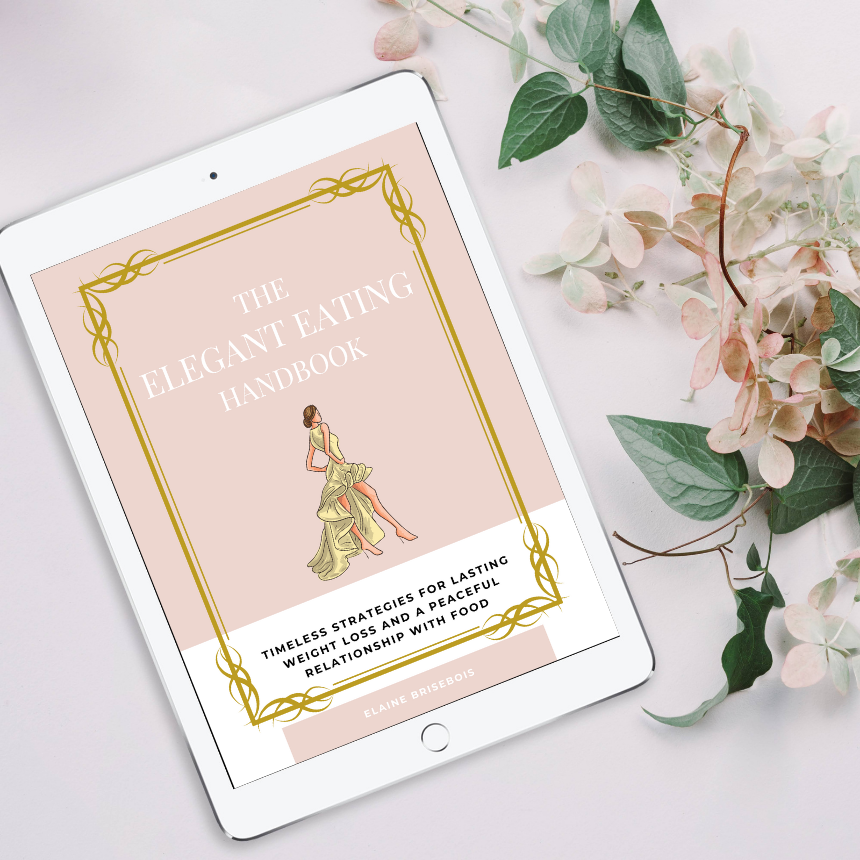What does it mean to be at your natural weight?
The exact number, or more realistically, the range, is subjective, of course, and will likely change throughout the different phases of your life.
I define “natural weight” as the weight where you feel your healthiest physically, mentally, and emotionally.
It’s the weight where you’re feeling good, and like the way your clothes fit, you’re enjoying what you’re eating, you’re not overeating, and most importantly, it’s sustainable over the long-term.
It’s certainly not about setting an unrealistic standard for yourself.
People often speak about weight as if the number on the scale is the “Holy Grail,” but truthfully, I’m much more focused on body composition (as well as overall health) – and this is where I encourage my clients to focus as well.
For example, you could be at a “healthy” weight according to your BMI (Body Mass Index) but have a high percentage of body fat. This is what’s referred to as “normal weight obesity,” and it carries some of the same health risks as being obese. (And surprisingly, it’s quite common.)
Take my client, Rachel, for example, who has allowed me to share her story.
According to her BMI, she was at a healthy weight for her height (although it was creeping up towards the higher end of the “normal” range).
But if you asked her, it wasn’t her natural (or ideal) weight.
Rachel admittedly had a terrible diet.
Not only did she have poor eating habits, she chronically overate.
She would eat “normally” during the day, but once she got home from work in the evening, it was game over. Dinner had no endpoint, and she would graze right up until it was time to go to bed.
She wasn’t sleeping well.
Her digestion was all over the place.
She described herself as feeling bloated all of the time.
She also carried a lot of excess fat around her waist, which we know is a risk factor for serious health complications like Type 2 Diabetes and heart disease, regardless of a “normal” BMI.
What would her weight be if she upgraded her diet, and stopped overeating?
It turns out almost 20 pounds lighter – still within her normal BMI range, I might add.
Upgrading her diet was just the beginning and took off half of her weight pretty quickly.
The “real work” as she would describe it, though, (and also her primary reason for working with me) was breaking the habit of emotional eating.
This is merely just one example to illustrate my point.
It’s also worth mentioning that it’s possible to be classified as “overweight” or “obese” according to BMI tables but actually have a high ratio of lean tissue to fat (such as the case with some athletes or fit individuals with a lot of muscle mass).
Keep in mind though that no number is ever a complete picture of your overall health, and ultimately, when it comes to your natural weight – only you can decide what feels right for you.

Hi! I’m Elaine, a Certified Nutritionist and Master Certified Health Coach. I support women in achieving their health and body goals while prioritizing a peaceful and balanced relationship with food.

Get a free copy of my handbook!
The Elegant Eating Handbook: Timeless Strategies for Lasting Weight Loss and a Peaceful Relationship with Food.
share with friends
keep reading...




